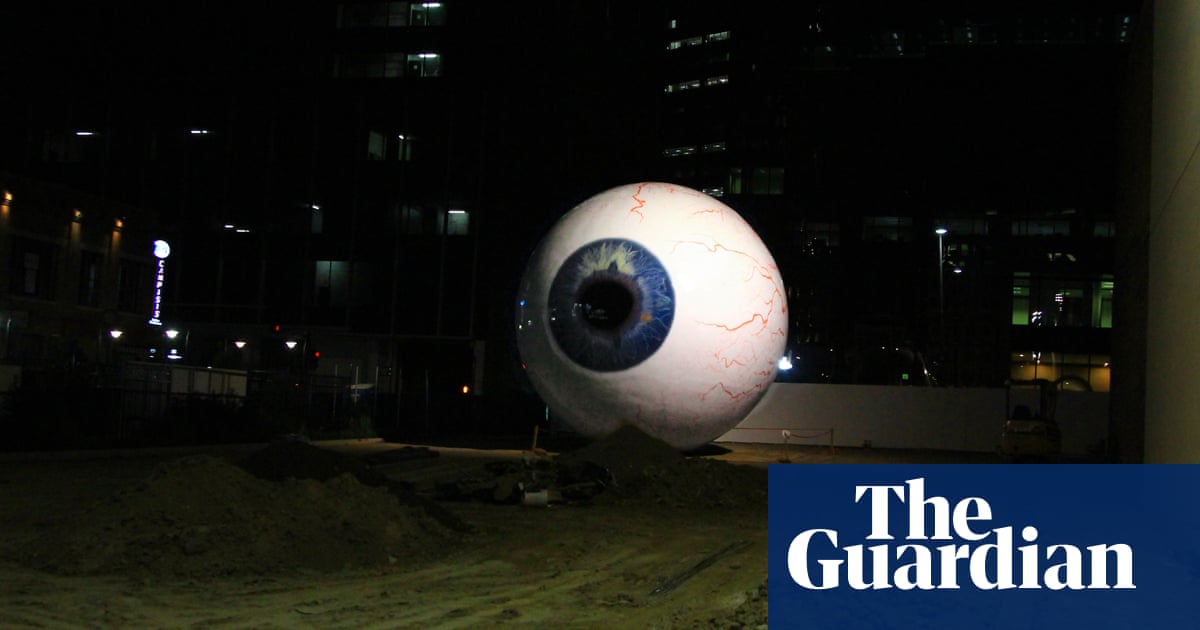What Orwell feared were those who would ban books. What Huxley feared was that there would be no reason to ban a book, for there would be no one who wanted to read one. Orwell feared those who would deprive us of information. Huxley feared those who would give us so much that we would be reduced to passivity and egoism.
Orwell feared that the truth would be concealed from us. Huxley feared the truth would be drowned in a sea of irrelevance. Orwell feared we would become a captive culture. Huxley feared we would become a trivial culture
The soundbite has been replaced by virality, meme, hot take, tweet. Can serious national issues really be explored in any coherent, meaningful way in such a fragmented, attention-challenged environment?
Sure, times change. Technology and innovation wait for no man. Get with the program. But how engaged can any populace be when the most we’re asked to do is to like or not like a particular post, or “sign” an online petition? How seriously should anyone take us, or should we take ourselves, when the “optics” of an address or campaign speech – raucousness, maybe actual violence, childishly attention-craving gestures or facial expressions – rather than the content of the speech determines how much “airtime” it gets, and how often people watch, share and favorite it?
For all the ways one can define fascism (and there are many), one essential trait is its allegiance to no idea of right but its own: it is, in short, ideological narcissism. It creates a myth that is irrefutable (much in the way that an image’s “truth” cannot be disproved), in perpetuity, because of its authoritarian, unrestrained nature.
Well, i know which book i will read later.



Faudrait qu’on se fasse une liste de bouquins dystopique qui résume bien notre quotidien :)
Removed by mod
Il sont pas facile à lire. Je suis bloqué au chapitre 1 des furtifs. u.u